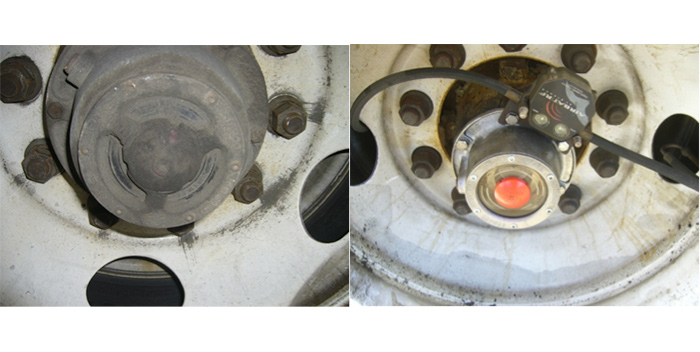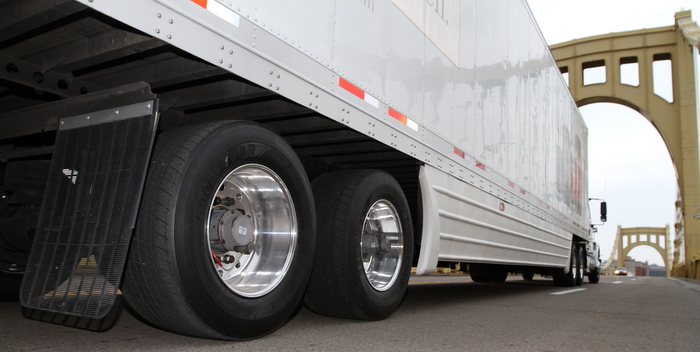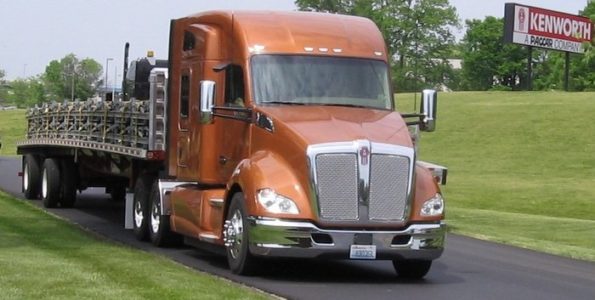The Heavy Duty Manufacturers Association recently hosted itsannual Heavy Duty Dialogue, a day-long conference that brings together seniorexecutives in the commercial vehicle industry to discuss current businesstrends and strategize about the future. More than a dozen top-level executivesrepresenting manufacturers, government, industry advocacy groups and businessresearch firms shared their views with an attentive audience. This year theemphasis was on the economy.
William A. Strauss, a senior economist at the FederalReserve Bank of Chicago, looks for an upturn by mid-2010—if credit flows againand home foreclosures decline. He said that manufacturers that have weatherednumerous recessions and even the Great Depression know a little about survival.It was noted that companies such as PACCAR, Mack Trucks, ArvinMeritor andFontaine Industries responded quickly to the market slowdown, taking defensiveactions to preserve capital and minimize inventories. When demand returns,these companies said they will be ready to make more products.
While fuel prices are low now, it was suggested that theprice for crude will likely return to $60-$80/bbl. ULSD is costlier to produce,David Sexton, president of Shell Oil Products US, said, and expanded refinerycapacity won’t be fully available for another few years.
Trucking industry manufacturers have embraced globalization.For them, worldwide harmonization of product is more efficient because it meansfewer varieties of components to make and source for each market served.Vertical integration of truck chassis, engine, brakes and drivetrain is here tostay, not only from a manufacturing efficiency and parts inventory standpoint,but also because of the need to integrate the systems as they become morecomplex and interdependent. Also, expect more consolidation of OEMs withcomponent suppliers as this vertical integration expands and cost-efficiencypressures continue.
Futurist, demographer and author, Kenneth W. Gronbach pointedout that the U.S. is unique among industrialized nations with growth in an agegroup that is the engine of our economy: Generation Y (those born 1985-2010)includes more than 90 million thus far; they outnumber even the Baby Boomers’(born 1945-1964) 77 million population. Gen Y will enter the workforce over thenext 20 years. They are computer literate, innovative problem solvers andmulti-taskers. He describes them as “green beyond measure”—expecting companiesto be environmentally responsible; companies that just “greenwash” will suffer.He says the Gen Y members have reversed the decline in technician training—theyhave discovered high-paying jobs in automotive maintenance, so many are willingto forego a college education (and burdensome student loans) to embracevocational training. Gronbach sees the Gen Y group as talented, computer-savvy,motivated, and with “Boomer” technicians retiring at a rate of one every eightseconds, they are our future.
Times continue to change; those who can keep pace will succeed.









